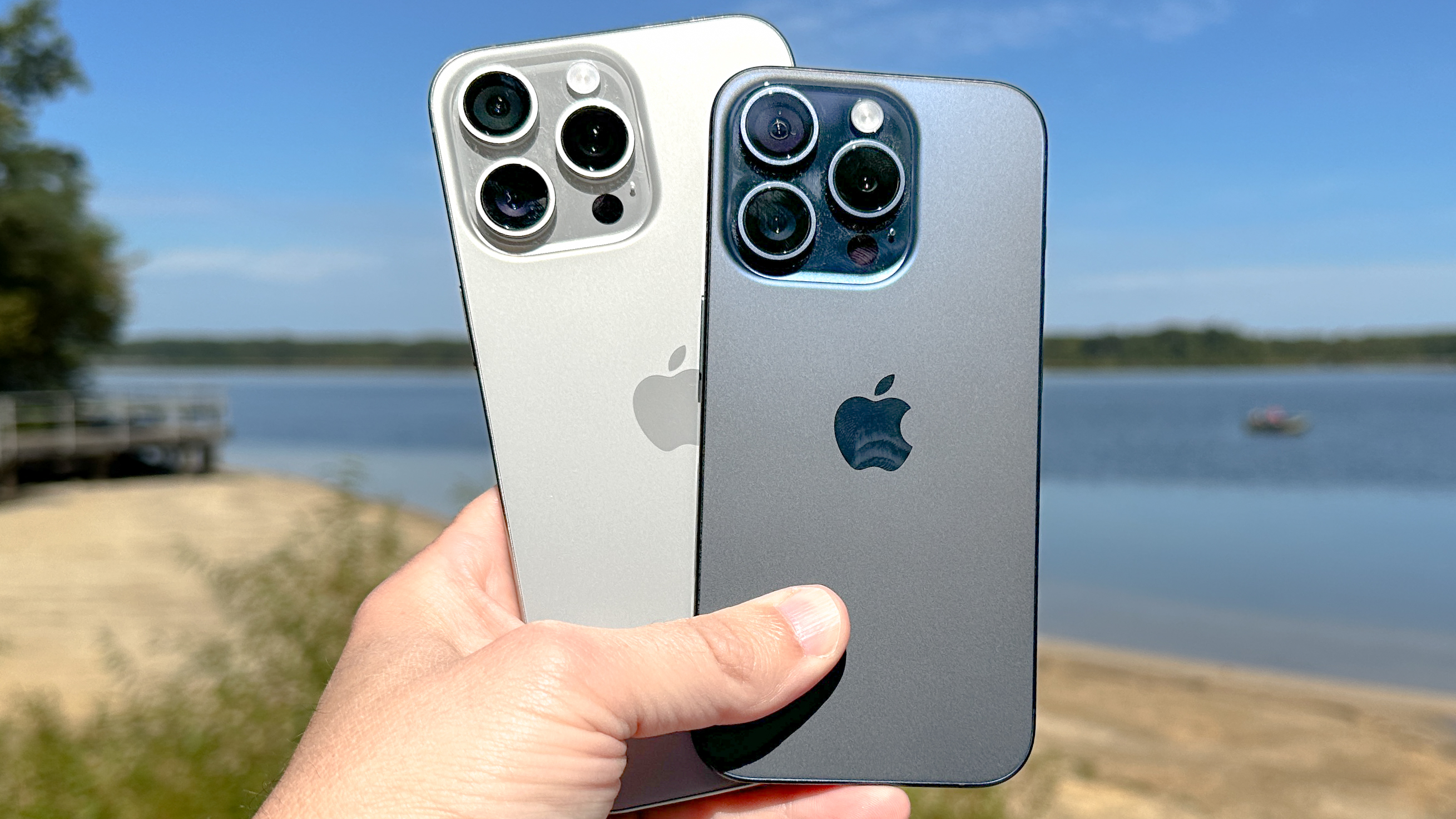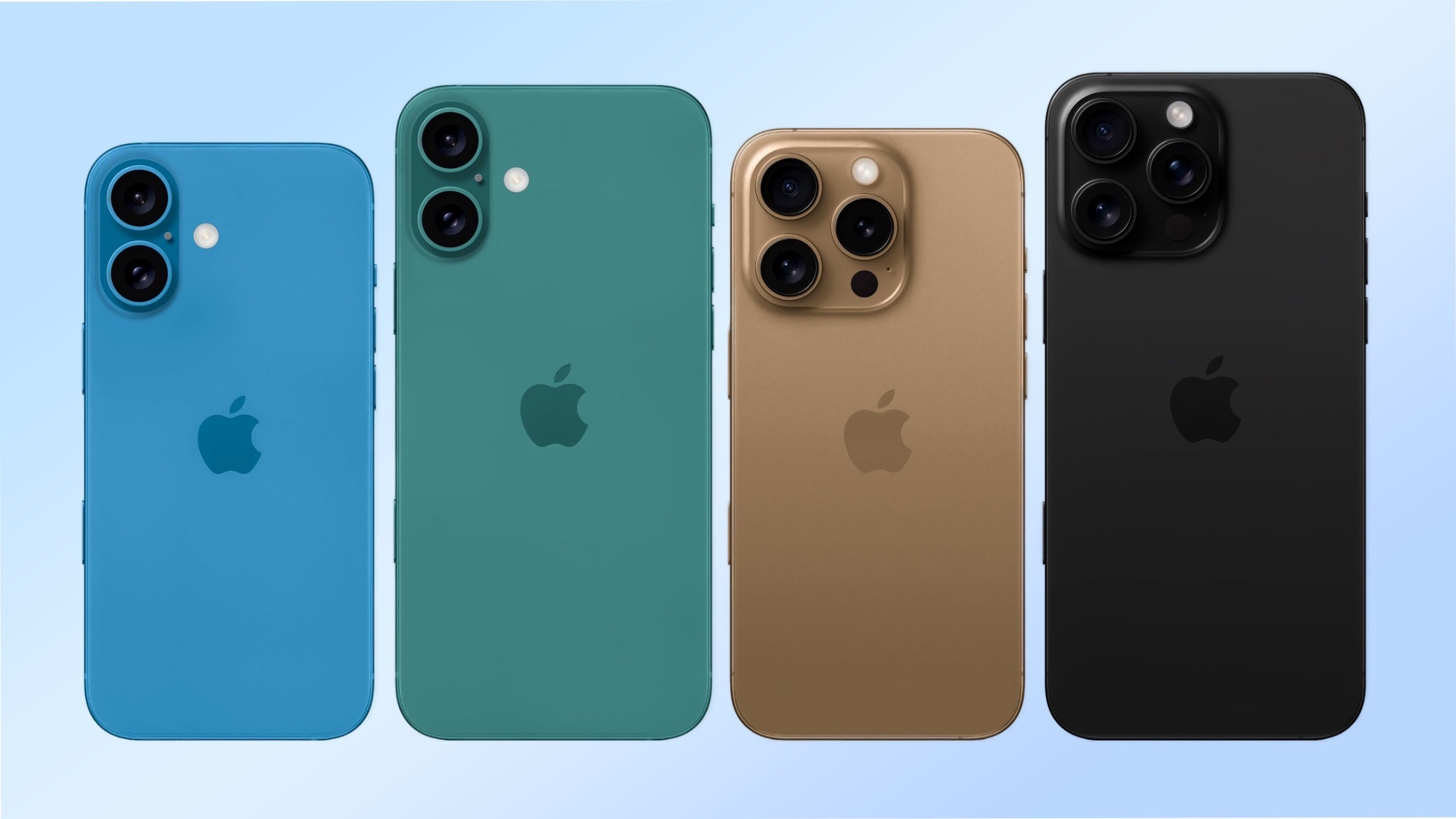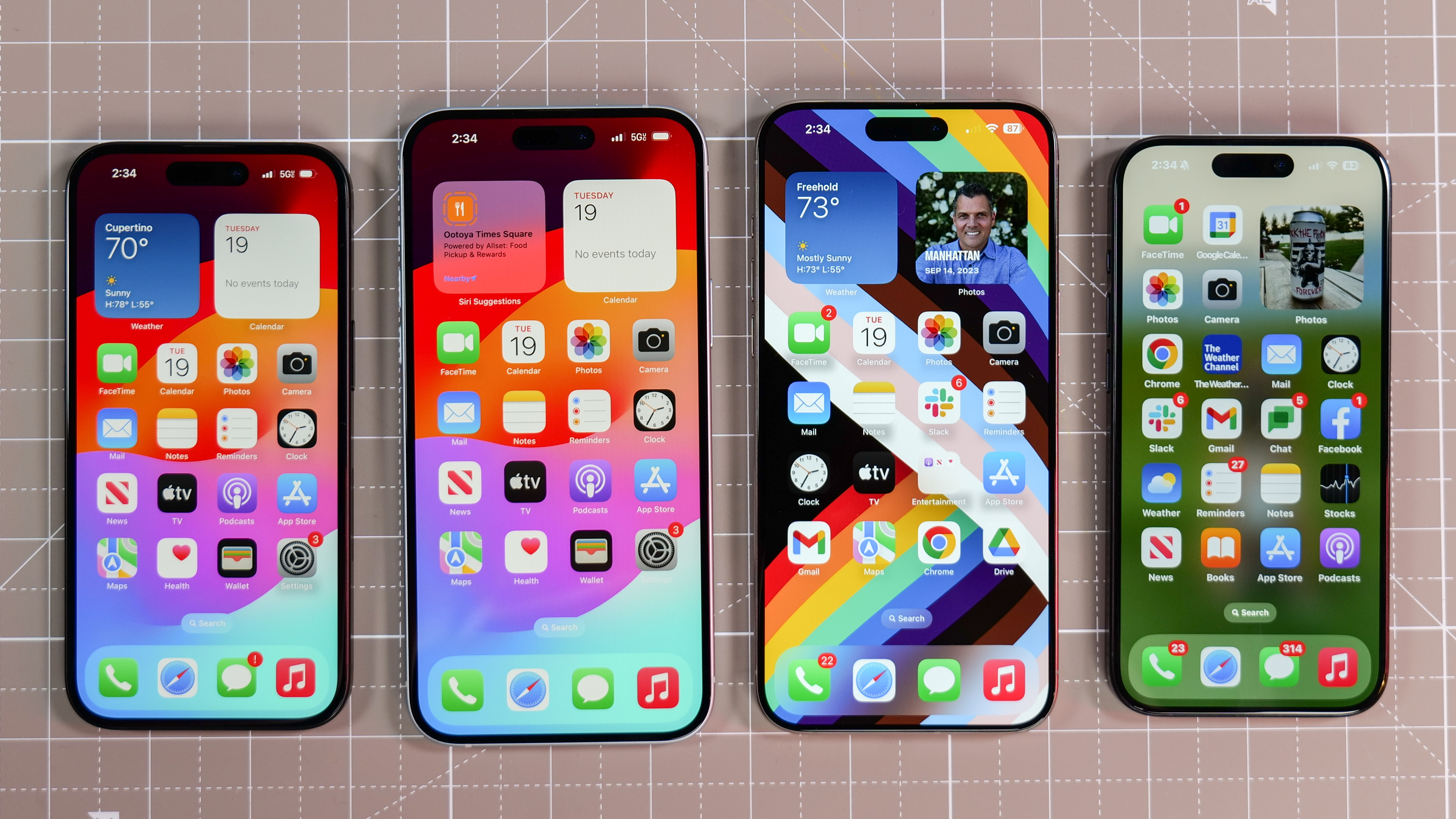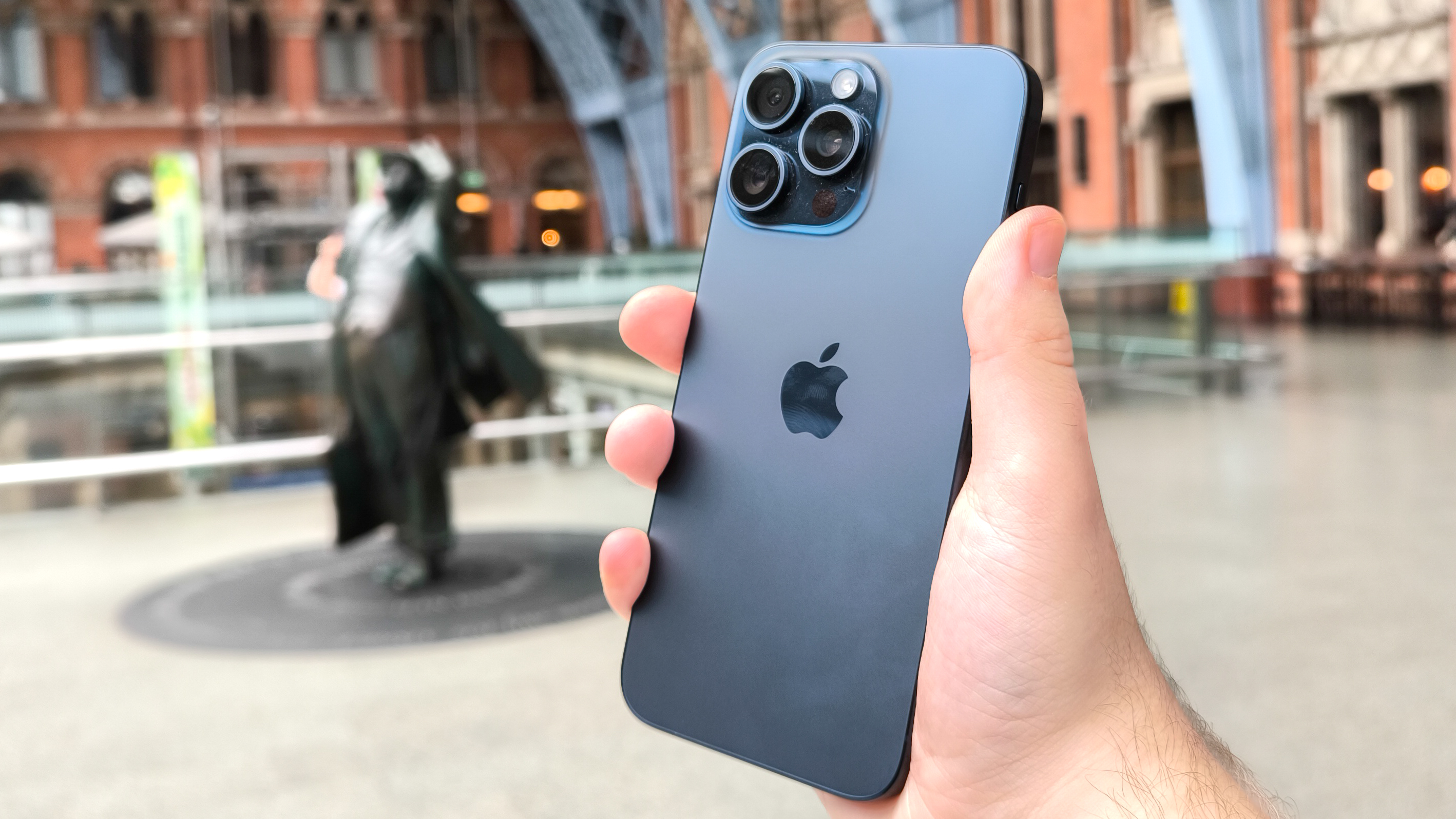
When CEO Tim Cook appears on stage at the fall Apple event rumored to be happening next month, all eyes will be on the new iPhone 16 models slated to be introduced. But don't take your eye off the existing iPhones.
A new iPhone launch means a reshuffle of Apple's phone lineup, with some current models disappearing and the ones that remain seeing drops in price. Adding to the intrigue of this year's release is the fact that only two current models support the Apple Intelligence features being launched this year. And that could have an impact on which models stick around.
The bottom line is that if you're thinking of buying an iPhone right now, you should probably hold off, even if you have no plans to consider one of the new iPhone 16 models. (Well... hold off if your wireless provider doesn't offer an upgrade deal that's too good to pass up.) That's because the iPhone model you might be eyeing right now could be available at a lower price in just a few weeks.
With reports now pointing to an iPhone 16 release date of September 10 — something Apple has yet to officially confirm — here's what could happen to the existing iPhone lineup, including the new prices Apple might charge for current phones once the iPhone 16 models go on sale.
Apple's likely iPhone 16 lineup

As a refresher, let's briefly consider the new phones Apple is expected to show off in September. We're expecting to see four models — a standard iPhone 16 joined by a big-screen iPhone 16 Plus, and two iPhone 16 Pro models. Look for those phones to ship with larger displays — a 6.3-inch iPhone 16 Pro and a 6.9-inch iPhone 16 Pro Max.
There had been some talk of an iPhone 16 Ultra joining Apple's new offerings, either as an entirely separate phone or as a Pro Max replacement. But that chatter has died down, and we'd rate the chances of an Ultra model as practically non-existent at this point.
iPhone 16 prices could remain the same as what Apple charged for the comparable iPhone 15 models, with the new phones likely to start at $799. The one exception could be the iPhone 16 Pro, which one rumor tips to get a $100 price hike, bringing its starting price to $1,099. I believe that move would be ill-advised on Apple's part, given the hesitation some people have at paying more than $1,000 for a phone.
What that means for iPhone 15 prices

Assuming Apple keeps current prices in place for the new iPhone 16 models, we'd have a pretty good idea of what would happen to current iPhones that remain a part of Apple's lineup. Even though Apple likes to maintain an air of mystery around its product launches, there's a pretty recognizable pattern to its product launches that gives us a starting point for guessing about price changes to current models.
Any phone that remains part of Apple's lineup after the iPhone 16's debut will likely see its price drop by $100. The lone exception is Apple's cheapest phone, the iPhone SE. Apple puts that midrange phone in a class by itself, so its $429 cost is unlikely to be affected by the iPhone 16's release. Don't look for any price change around that model until the launch of the iPhone SE 4, which many think will happen in 2025.
Instead, it's the iPhone 15 that's most likely to see a price cut should Apple keep that phone a part of the company's mobile device lineup. The iPhone 15 is Apple's entry-level flagship and one that still figures to have some appeal for bargain hunters even after the iPhone 16 arrives on the scene. If Apple follows the same pattern as the iPhone 14 following last year's iPhone 15 release, the price of the iPhone 15 will fall by $100 to $699.
Speaking of the iPhone 14, it's likely to stick around the iPhone lineup, as Apple tends to sell its flagships for up to two years after their initial release. The iPhone 14 would be in line to drop by $100 as well, bringing its cost down to $599.
The wildcard could be the iPhone 15 Plus. Apple currently sells the iPhone 14 Plus, having dropped its price last fall by $100 to $799. You'll recognize that as the same cost as the standard iPhone 15. It's possible Apple pulls a similar move with the iPhone 15 Plus, though the company could also decide not to cannibalize iPhone 16 sales by offering a larger screen device for the same asking price as its new model.
The iPhone 13 remains in Apple's iPhone lineup for now in that $599 slot. Since the phone celebrates its second birthday this fall, it's almost certain that Apple will stop selling it. Two-year-old phones rarely stick around Apple's lineup.
What about the iPhone 15 Pro?

We haven't mentioned the fate of either the iPhone 15 Pro or iPhone 15 Pro Max. In the past, Apple has only kept its Pro phones around for a year, discontinuing them once new Pro phones become available. If that pattern holds with the iPhone 16 launch, you'd imagine the iPhone 15 Pro and iPhone 15 Pro Max are living on borrowed time.
However, the iPhone 15 Pro models both feature an A17 Pro chipset, so they're the only current iPhones capable of supporting Apple Intelligence, the AI-powered features that bring writing tools, image editing capabilities and a smarter Siri to Apple's handsets. All four iPhone 16 models will be capable of running Apple Intelligence features, but you wonder if Apple might be incentivized to keep at least one current Pro model around if it means putting AI features in the hands of more users.
If you assume $100 price cuts to the current Pro models, that would put the iPhone 15 Pro at $899 and the iPhone 15 Pro Max at $1,099. The iPhone 15 Pro's reduced price would theoretically match what Apple is likely to charge for the iPhone 16 Plus, so you could see Apple dropping the current Pro model. But the iPhone 15 Pro Max could slot right between the iPhone 16 Pro Max and the iPhone 16 Pro, assuming Apple holds the line on the latter's cost at $999. That would give would-be upgraders another option that doesn't necessarily eat into iPhone 16 Pro sales.
iPhone lineup outlook
Assuming the rumored September 10 date for Apple's product event is the real deal, it won't be long before we know which current iPhones will remain on sale and how the company will adjust prices. In the meantime, try to hold off on any new iPhone purchases and you could be enjoying a new model for a lot less than what you'd pay for one right now.







